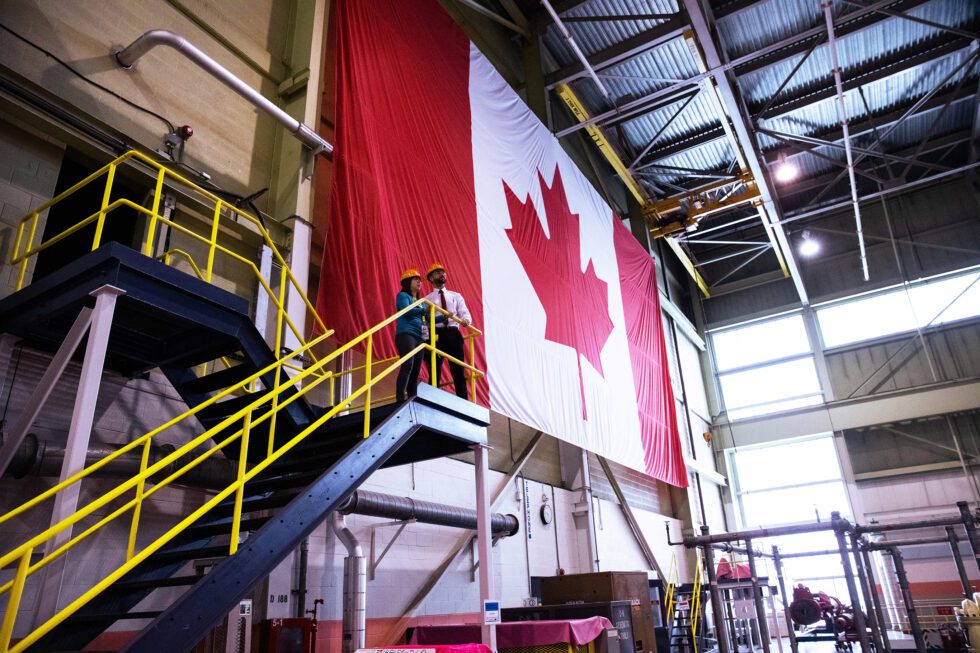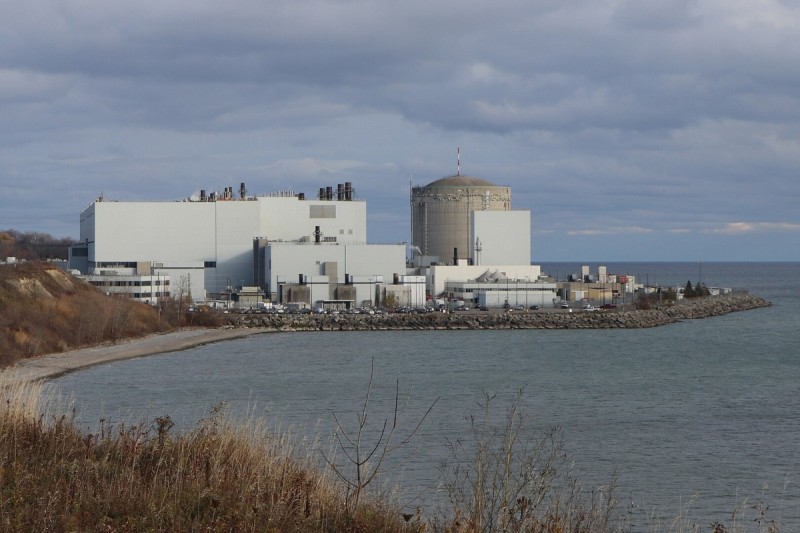As greenhouse gas emissions ramp up, housing prices reach astronomical heights, and we all stay stuck in traffic, Paris Marx’s new book Road to Nowhere: What Silicon Valley Gets Wrong about the Future of Transportation looks at how the quest for market share got us to this point and why visions of the future from California tech billionaires cannot solve these problems.
To understand where Silicon Valley’s ideas for the future of passenger transport are coming from, Marx looks to the origins of the automobile, where class dynamics, industrial interests, and state collusion built capitalist economies around the personal combustion engine vehicle. The Ford Model T and early cars were put on streets with a “move fast and break things” ethos that flaunted any laws, regulations, or community consultations. Despite increasing injuries and deaths to pedestrians and passengers caused by increasing speeds and instead of regulating speeds, governments chose to induce demand and build infrastructure and cities around the promise that higher speeds would make life better and that car ownership promoted individual freedom. With strong subsidies, cars were able to overtake public transit in market share despite initial unprofitability. Meanwhile, the working-class who lived on these streets lost previous access to a public good as pedestrians, became isolated on sidewalks, and faced more danger with ever-increasing automotive speeds.
Early dreams of a high-speed future are encapsulated in Marx’s description of General Motors’ Futurama exhibit at the 1939 World’s Fair in New York. This envisioned future illustrated speed, limitless interstate expressways, driverless cars, and elevated walkways that would preserve access to the public sphere of the streets without impeding faster speeds. The full promise of this industrial imagination has obviously not played out, but this vision, dreamt up by the wealthy, was sold to policymakers in capitalist countries in the post-war boom. This would lead to the decades-long financial undertaking of constructing mega highways between and across cities, transforming communities and locking-in car dependence. While stuck in gridlock created by a prior industrial dream, Silicon Valley billionaires continue to believe in this ethos to sell technological fantasy as a means of escaping traffic–an ethos that benefits the rich while leaving everyone else behind in the exhaust fumes.
This early coordinated capitalist mode of production rings familiar with the recent news of Uber’s aggressive efforts to dodge regulations and force advantageous policy concessions in cities around the world. To Marx, this news would be familiar to the whole Uber story. Road to Nowhere traces the transformative vision Uber sold on how its technology would change the future of transportation. It certainly has influenced cities today, in the increased gridlock it has produced, the dissolution of unionized taxi industry everywhere, and changes to labour policies that put workers in more precarious positions. Irrationally, Uber’s strategy in its transportation “revolution” has been to kill any alternative to transit with business practices that keep it unprofitable, propped up by cheap liquidity and share prices, with the vision that long-term sustainability comes from consumers left with no choice but to use their apps. Uber’s road to nowhere leaves behind a scorched earth.
Marx also highlights how tech companies aiming to “revolutionize” the future of transport with novelties like driverless or flying cars, tunnels for cars, or sci-fi hyperloops. These are technological roads to nowhere that are a distraction from real alternatives to car dependency. Public relations carpet bombing promising fictional hyperloop technology coming soon, for instance, helped to break any resolve in California to build high-speed rail across the state. These technological visions of the future of transportation, again, come from the perspective of the wealthiest who believe these novelties to be solutions without considering the consequences.
As economies locked in their emissions around car dependency, electric cars today are touted as a new way to maintain the status quo in mobility while cutting greenhouse gasses. But electric cars are not novel–they’ve been around for more than a century. The technological limitation of speed that combustion promised, as well as the state’s organized effort to back fossil fuels, killed the first electric cars by the 1920s. Today, however, Marx argues they are not quite the climate solution promised by people like Elon Musk. Despite billionaire visions of solving the climate crisis through electric cars, they do not see the excesses in resource extraction and production emissions necessary to build the batteries that power them.
Without fully transforming economic and social relations around car dependency, the same inefficiencies will persist and emissions will not be drastically reduced. The proliferation of this old technology, subsidized by governments and still relying on capitalist modes of production will keep cities gridlocked. While countries in Europe and Asia continue to build public transit and choose to rebuild their cities for sustainability at a comparatively feverish pace, North America’s solution to the emissions made by cars is to build more cars. This is not to downplay the need to cut the reliance on the combustion engine, but the literal vehicle to depend on should not be the personal automobile.
These revolutionary dreams offered by Silicon Valley tech execs don’t change the status quo at all, and are primarily innovations that satisfy the rich while the working-class pay more for gas, wait for the bus, and get stuck in traffic. These tech solutions won’t save us. In an ulterior way, these are technological distractions that continue the car-centered economy while delaying or canceling badly needed public goods, such as transit, housing, and environmental protections. “Technology should be built to serve the public, not to shape how they live to increase the power and profits of major corporations,” Marx concludes. As demonstrated with real world technological innovations centered as public goods like mRNA vaccines or the internet, technology built to serve the public has more potential for revolutionizing our socioeconomic relations than apps that eat up market share.
Paris Marx is a Canadian technology writer whose work has been published by NBC News, CBC News, Jacobin, Tribune, Passage, and Canadian Dimension among many others. Paris is also a PhD candidate at the University of Auckland and the host of the critical technology podcast Tech Won’t Save Us.
Road to Nowhere: What Silicon Valley Gets Wrong about the Future of Transportation by Paris Marx is now available from Verso Books.
Watch our full conversation with Paris Marx about Road to Nowhere and the future of climate action and tech, held on August 16, 2022.





